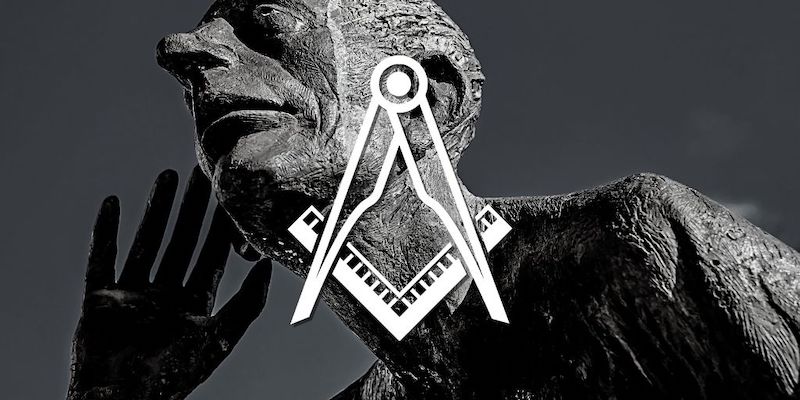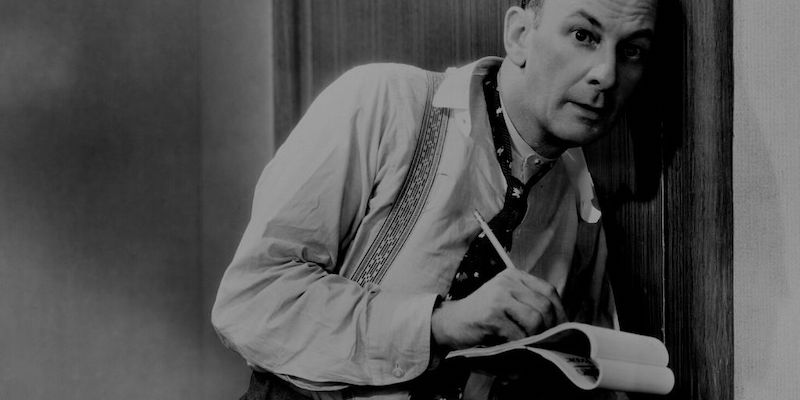Cowans and eavesdroppers are two terms that are often used in Freemasonry.
These words are used to refer to those who are not members of the organization and are not allowed to participate in its meetings.
Freemasons are reminded to be on guard for cowans and eavesdroppers during their meetings.
The origins of these terms are lost to time, but they have become an integral part of Masonic vocabulary.
Cowans were originally dry stone wall makers or rough masons who were seen as less skilled than trained stonemasons. In early Scottish Masonry, cowans were considered outsiders and were not allowed to participate in Masonic meetings.
Eavesdroppers, on the other hand, are those who stand in the eavesdrop, close to a wall or window, to hear the voices within.

What is Freemasonry?
Freemasonry is a fraternal organization that is based on the principles of brotherhood, morality, and charity.
It is one of the oldest and largest “societies with secrets” in the world, with members in almost every country.
While it is often referred to as a secret society, it is more accurately described as a society with secrets.
Freemasons have a set of symbols, rituals, and traditions that are passed down from generation to generation.
One of the most distinctive features of Freemasonry is its use of symbols.
These symbols are used to represent the values and principles that the organization stands for.
For example, the square and compasses are two of the most recognizable symbols of Freemasonry.
They are used to represent the importance of morality and the need to act with integrity.
Freemasonry is open to men of all races, religions, and backgrounds.
However, there are certain requirements that must be met in order to become a member.
All members must believe in a supreme being, although the specific nature of this belief is left up to the individual.
Additionally, members must be of good character and reputation, and they must be recommended by existing members.
Who are the Cowans in Freemasonry?
In Freemasonry, a Cowan is a term used to describe an individual who pretends to be a Freemason but is not a member of the fraternity.
It is said the term has its origins in Scottish operative masonry, where a Cowan was a dry-dyker or a rough mason who built walls of stones held together by their own weight without using mortar or prepared stones.
In modern Masonic terms, a Cowan is someone who presents themselves as a Freemason but has not gone through the proper initiation process and is not recognized as a member by any legitimate Masonic organization.
They may have some knowledge of Masonic symbolism, but they lack the deeper understanding that comes from being a true member of the fraternity.
Cowans are considered to be interlopers in the Masonic community and are not welcome in Masonic lodges or meetings.
They are often seen as a threat to the secrecy and exclusivity of the fraternity, and many Masonic organizations have strict rules against associating with Cowans or allowing them to attend Masonic events.
In some cases, Cowans may be individuals who are simply curious about Freemasonry and want to learn more about the fraternity.
However, it is important to note that the only legitimate way to become a Freemason is to go through the proper initiation process and be recognized as a member by a legitimate Masonic organization.
Who are the Eavesdroppers in Freemasonry?

In Freemasonry, the term “eavesdropper” refers to someone who tries to listen in on a conversation or meeting they are not supposed to hear.
The word comes from the old English word “eavesdrop,” which originally referred to the space under the eaves of a building where rainwater dripped off the roof.
In the context of Freemasonry, eavesdroppers are seen as a potential threat to the secrecy and security of the organization.
Masonic meetings and rituals are meant to be private and only open to members, so anyone who tries to listen in without permission is considered an intruder.
To prevent eavesdropping, Masonic lodges often have strict rules about who is allowed to attend meetings and what information can be shared with outsiders.
Members are also encouraged to be vigilant and report any suspicious behavior or individuals.
While the term “eavesdropper” has negative connotations in Freemasonry, it is important to note that not all forms of listening in are necessarily bad.
For example, in some cases, a member may overhear a conversation or ritual accidentally or unintentionally.
In these situations, it is important to use discretion and respect the privacy of the organization and its members.